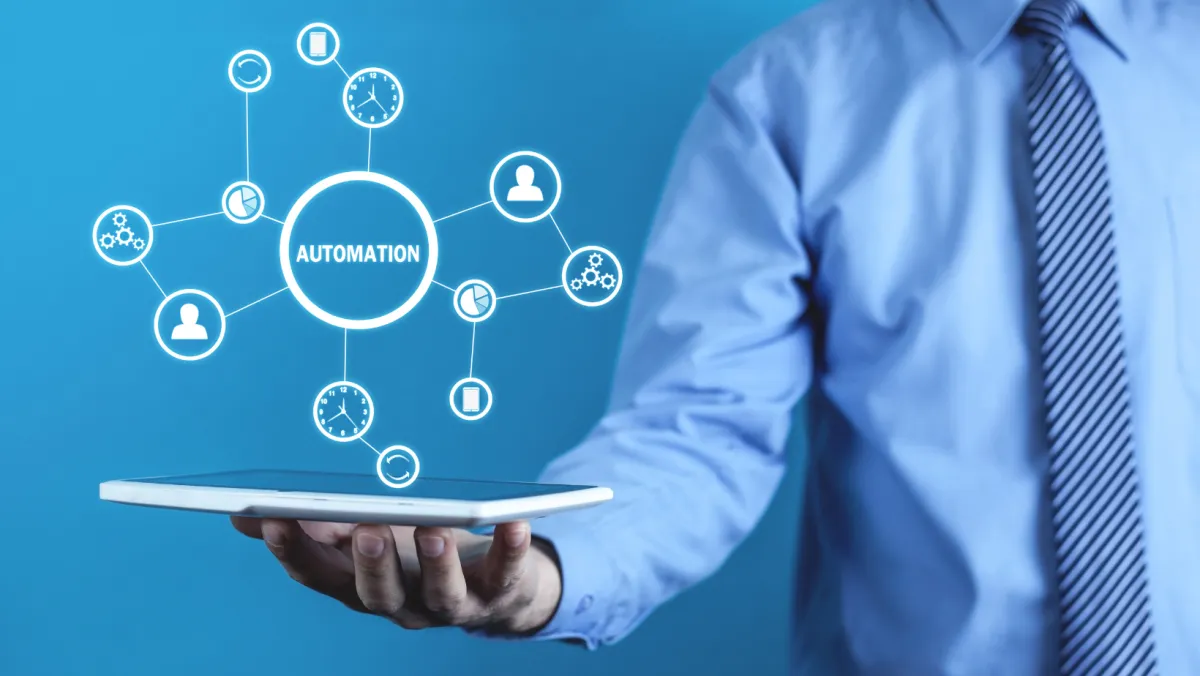Unlimited Digital Marketing Blog
Make the most of your subscription with these helpful tips and resources, while unlocking the potential of digital marketing to gain valuable insights for unlimited growth.
Automation & Workflows

Getting Started with Workflows
Understanding Workflows
A workflow automates repetitive tasks, allowing you to set it up once and let it run without further intervention. This not only saves time but also helps scale your activities efficiently. Formally, a workflow is a sequence of tasks that begin with a "Trigger," which automatically initiates a series of "Actions." For example, when someone submits a form, notifications can be sent to you, your team, and the client, followed by a series of emails to the client. This process is driven by automation.
Key Components of a Workflow

Triggers
A trigger is an event that adds a new contact to the workflow. It could be an appointment booking, a payment, or any specific action. The trigger sets off the subsequent actions.Actions
Actions are tasks that occur after a trigger adds a contact to the workflow. These can include sending emails, updating contact information, or any other task specified in the workflow.
Benefits of Workflows
Workflows streamline and automate repetitive tasks, reducing the potential for errors and increasing efficiency. This makes them valuable for tasks that are repetitive and scalable.
Tasks Worth Automating
Lead Nurturing Campaigns
Automate email sequences to nurture leads at different sales funnel stages.Appointment Scheduling
Allow leads to book appointments directly through your website or emails.Follow-Up Communications
Send automated follow-up emails or SMS messages based on specific actions taken by leads.Customer Onboarding
Create automated sequences to welcome and guide new customers.Feedback Surveys
Automatically send surveys to gather customer feedback after purchases or services.Lead Scoring and Segmentation
Automate lead scoring based on interactions and segment leads for targeted marketing.Data Entry and CRM Updates
Capture leads from various sources and update your CRM automatically.Event Registration and Follow-Ups
Automate the registration process and follow-up communications for events.Abandoned Cart Recovery
Send automated reminders to customers about items left in their shopping carts.
Starting with Workflow Recipes
HighLevel offers pre-built workflow recipes that you can configure and use, saving time and providing examples of common use cases. These recipes are a great starting point, especially for beginners.
Creating a Workflow
There are three main steps to creating a workflow in the builder:
Choose Your Trigger
Select an event that will add a contact to the workflow.(Optional) Add Filters
Specify additional parameters to refine what will trigger the workflow.Add Actions
Define the tasks that will be performed after the trigger is activated.
Advanced Workflows
IF/Else Conditions
Within a workflow, you can add if/else conditions to direct contacts down specific paths based on certain criteria.
Chaining Workflows
Use multiple workflows to handle different stages of a process, ensuring a clean and manageable setup.
Webhooks
Webhooks allow integration with other platforms, enabling further automation. They require advanced knowledge but unlock significant capabilities.
Troubleshooting Workflows
If a workflow isn’t working as expected, consider these steps:
Test with a new contact to avoid issues caused by previous tests.
Run a live test by triggering the workflow as a real customer would.
Check your filters to ensure they are set correctly.
Verify the "Allow Reentry" setting if contacts are not re-entering the workflow as expected.
By automating repetitive tasks, workflows enhance efficiency, reduce errors, and help you scale your operations.
Watch our video here to learn more:
Get access to unlimited support, cutting-edge technology, and expert guidance with Unlimited Digital Marketing. Start your free trial today!
